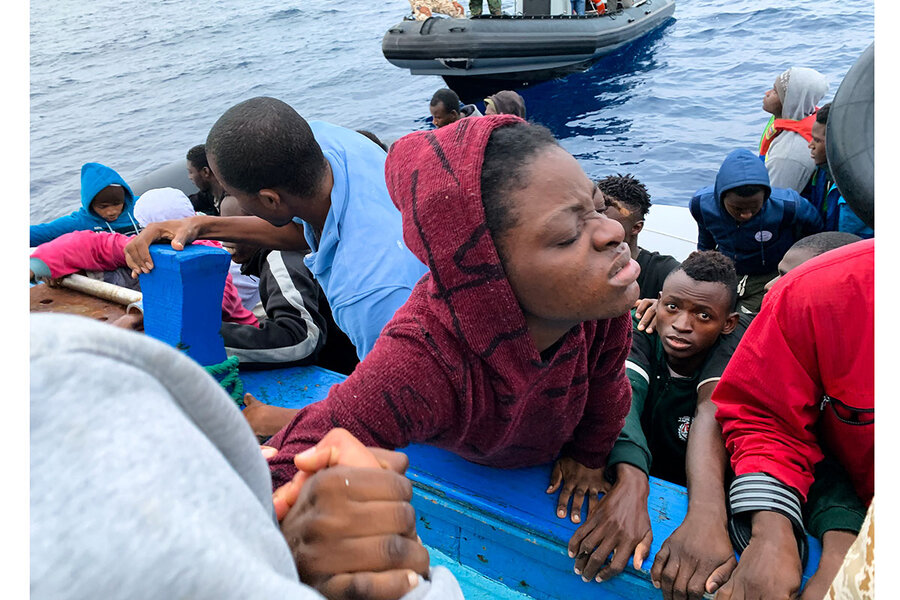
Libya calls for reform of global financial system amid debt and migration challenges
Your go-to source for in-depth coverage of political developments, economic trends, social affairs, and vibrant cultural stories from across the continent.

Libya calls for reform of global financial system amid debt and migration challenges
Libya has called for sweeping reforms to the international financial system during the annual General Debate of the United Nations Second Committee, urging changes to global economic governance mechanisms.
In a statement delivered by Libyan Minister-Delegate Intissar Al-Tamzini, the North African country emphasized the need for “a more effective mechanism to resolve the debt crisis and provide long-term financing for sustainable development.”
Al-Tamzini highlighted the growing financial gap facing developing nations and stressed the importance of addressing these disparities.
“Libya urges countries where Libyan funds have been illicitly transferred to cooperate in disclosing these assets and facilitate their return so that they can be used to improve essential services,” she stated, underscoring the nation’s ongoing efforts to reclaim stolen resources.
Libya also took the opportunity to outline the steps it has taken to combat irregular migration.
Al-Tamzini pointed to the July 2024 Mediterranean Migration Forum, held in Tripoli, which brought together 28 African and European countries to discuss regional migration issues.
She emphasized the importance of addressing the root causes of migration, advocating for genuine development in countries of origin with the support of destination nations.
“We must focus on the fundamental reasons behind migration, creating real opportunities in the countries of origin and working collectively to dismantle the organizations involved in the smuggling of migrants,” Al-Tamzini said.
The call for financial reforms and migration management comes at a time when Libya is facing significant domestic challenges.
By urging global cooperation, Libya aims to strengthen its financial and economic resilience while addressing pressing humanitarian issues like migration.
I am an avid African news observer, and an active member of Daily Mail Africa.
I’m Passionate about staying informed on diverse topics across the continent,
I actively contribute to publishing on political, economic and cultural developments in Africa.